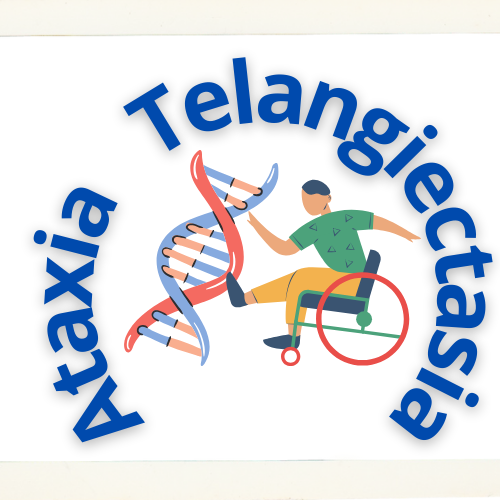Dietary and lifestyle interventions for the management of hereditary ataxias
- PMID: 40342369
- PMCID: PMC12058870
Abstract
Hereditary ataxia (HA) is a diverse group of rare inherited neurological disorders characterised by cerebellar impairment and the progressive degeneration of spinocerebellar tracts and the spinal cord. These conditions manifest predominantly as unsteady gait, speech difficulties, dysphagia and motor skill impairment. The complex genetic causes and varied disease mechanisms underlying HA contribute to the multi-systemic symptoms which pose challenges in developing targeted effective treatments. Currently, available options for HA primarily focus on symptomatic management, highlighting a critical need for complementary therapeutic strategies, such as dietary and lifestyle interventions. This review explains recent findings on dietary and nutraceutical interventions, as well as lifestyle modifications such as exercise and rehabilitation programs for HA. It outlines common types of HA, including Friedreich ataxia, spinocerebellar ataxias, ataxia with vitamin E deficiency, ataxia-telangiectasia, and studies on a mixed cohort of patients with HA. The current management options, therapeutic implications of findings from pre-clinical and clinical data and future directions to advance the treatment of HA will also be discussed. The integration of nutraceuticals and rehabilitation programs with current methods of symptomatic management is encouraged for the holistic treatment of HA. These interventions will complement the use of various technological aids with the support of a multidisciplinary health and medical team to improve monitoring of the health status and disease progression of affected individuals; thus facilitating early treatment and an optimised clinical outcome.
Keywords: Ataxia telangiectasia; Friedreich Ataxia; dietary changes; hereditary ataxia; lifestyle interventions; nutraceuticals; spinocerebellar ataxia.
